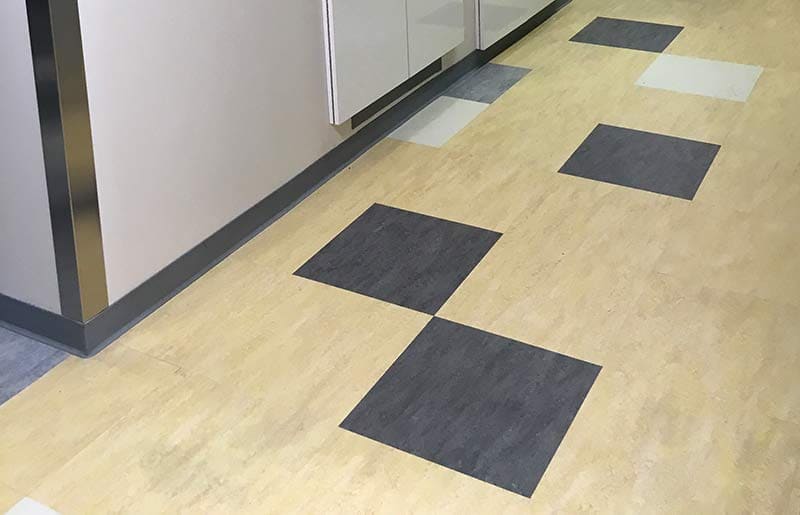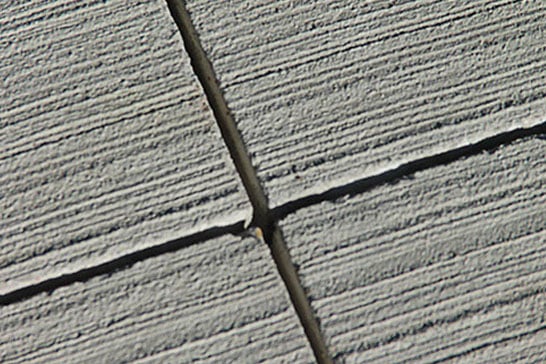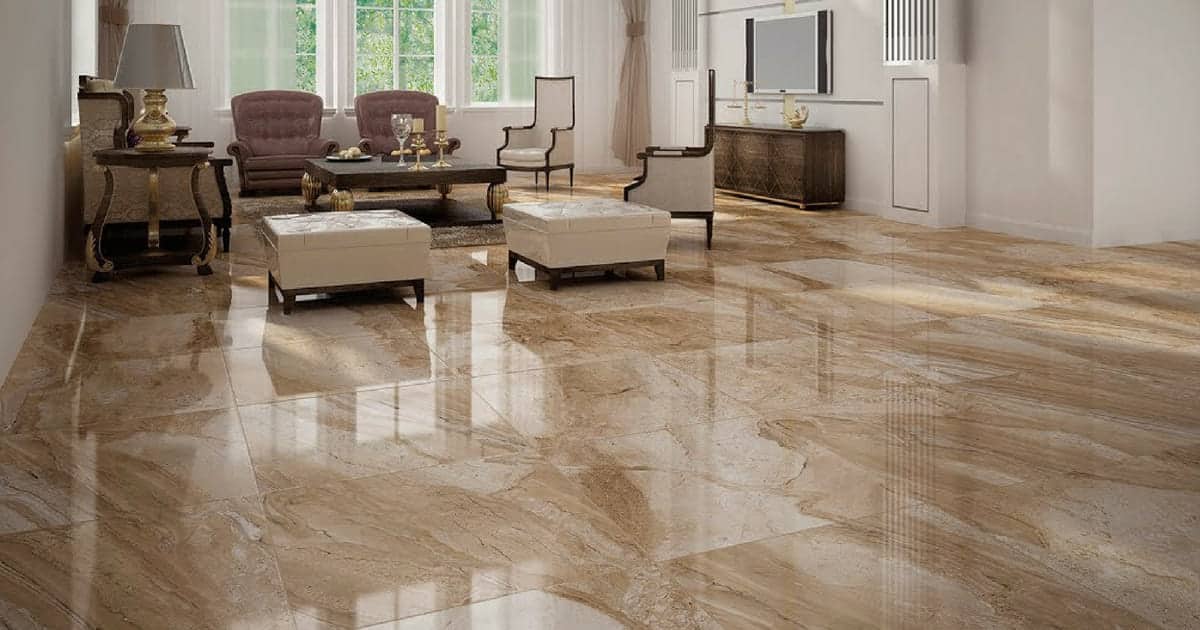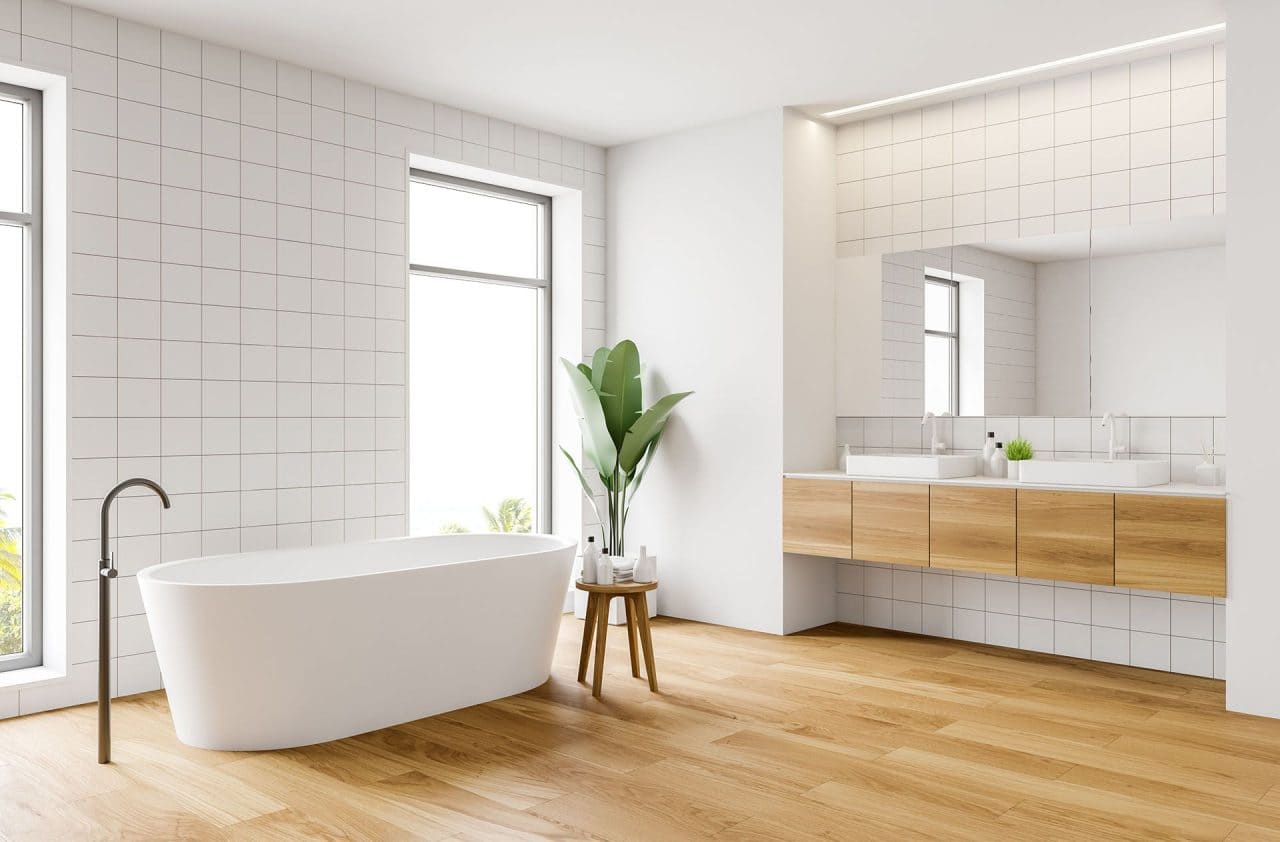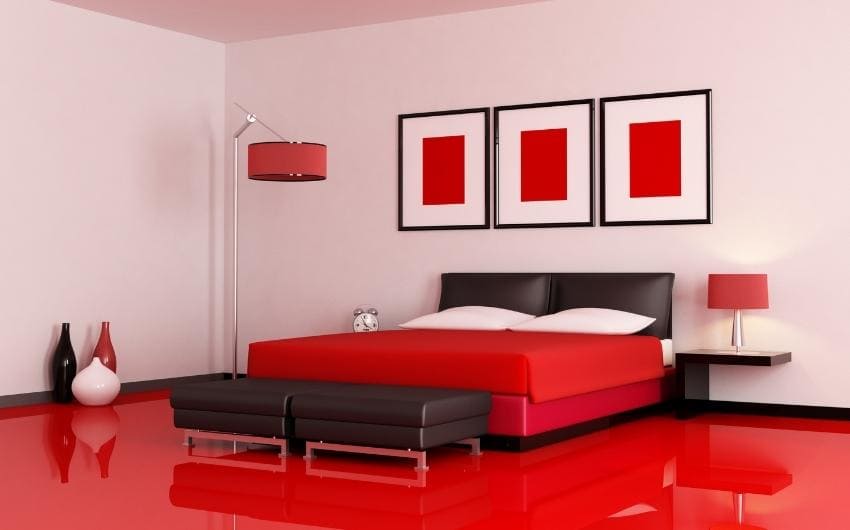In the realm of interior design and construction, the choice of flooring is not merely aesthetic; it’s a foundational decision that impacts the functionality, comfort, and longevity of a space. Among the myriad options available, resilient flooring stands out as a versatile and enduring choice. In this comprehensive guide, we delve into the characteristics, types, installation methods, and benefits of resilient flooring, shedding light on its remarkable resilience and adaptability.
Understanding Resilient Flooring:
Resilient flooring refers to a category of flooring materials designed to withstand daily wear and tear while maintaining their structural integrity and aesthetic appeal. What sets resilient flooring apart is its ability to “bounce back” from pressure, impacts, and environmental factors, thus offering long-lasting performance in various settings. This category encompasses a diverse range of materials, each with its unique composition and properties.
Types of Resilient Flooring:
- Vinyl Flooring:
- Luxury Vinyl Tile (LVT): LVT replicates the look of natural materials like wood and stone with remarkable realism. Offering durability and easy maintenance.
- Vinyl Composition Tile (VCT): VCT is a cost-effective option suitable for high-traffic commercial spaces. Known for its resilience and simple installation.
- Linoleum Flooring:
- Made from natural materials such as linseed oil, cork dust, and wood flour, linoleum flooring is eco-friendly. Durable, and available in a wide array of colors and patterns.
- Rubber Flooring:
- Ideal for areas prone to moisture and heavy foot traffic, rubber flooring is slip-resistant. Shock-absorbent, and easy to clean, making it popular in commercial and healthcare settings.
- Cork Flooring:
- Harvested from the bark of cork oak trees, cork flooring is resilient, eco-friendly. And offers natural thermal and acoustic insulation, making it a comfortable and sustainable choice for homes.
- Sheet Vinyl Flooring:
- Sheet vinyl is a budget-friendly option suitable for kitchens, bathrooms, and utility areas. Offering seamless installation and resistance to water and stains.
Installation Methods:
Resilient flooring can be installed using various methods, depending on the material and application:
- Adhesive Installation: Most resilient flooring materials are installed using adhesive, ensuring a secure bond to the subfloor.
- Floating Installation: Some types of resilient flooring, such as click-together vinyl planks, can be install as floating floors, without the need for adhesive.
- Loose Lay Installation: Certain vinyl and rubber flooring products feature a loose lay design, allowing for easy removal and replacement.
Benefits of Resilient Flooring:
- Durability: Resilient flooring is engineered to withstand heavy foot traffic, scratches, stains, and moisture, ensuring long-term performance and minimal maintenance.
- Versatility: With a wide range of colors, patterns, and textures available, resilient flooring offers endless design possibilities to suit any aesthetic preference or interior style.
- Comfort: Many resilient flooring materials, such as cork and rubber, provide natural cushioning and insulation, enhancing comfort underfoot and reducing noise transmission.
- Easy Maintenance: Resilient flooring is inherently easy to clean and maintain, requiring simple sweeping, mopping, or vacuuming to keep it looking fresh and new.
- Cost-Effectiveness: In comparison to natural materials like hardwood or stone, resilient flooring often comes at a lower price point, making it a budget-friendly option for both residential and commercial projects.
Conclusion:
Resilient flooring stands as a testament to human ingenuity and innovation in the realm of interior design and construction. Its remarkable resilience, versatility, and durability make it a preferred choice for homeowners, architects, and designers alike. Whether it’s the warmth of vinyl plank flooring or the eco-friendliness of linoleum, resilient flooring offers a solution for every space, ensuring enduring beauty and functionality for years to come.

